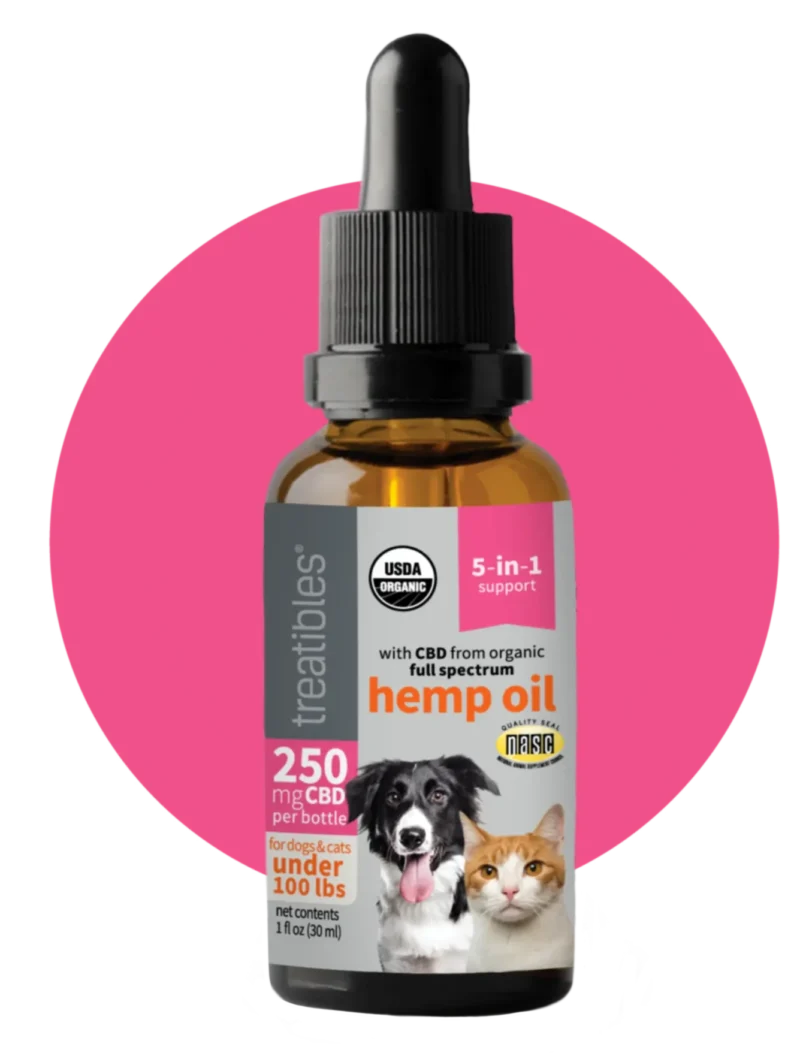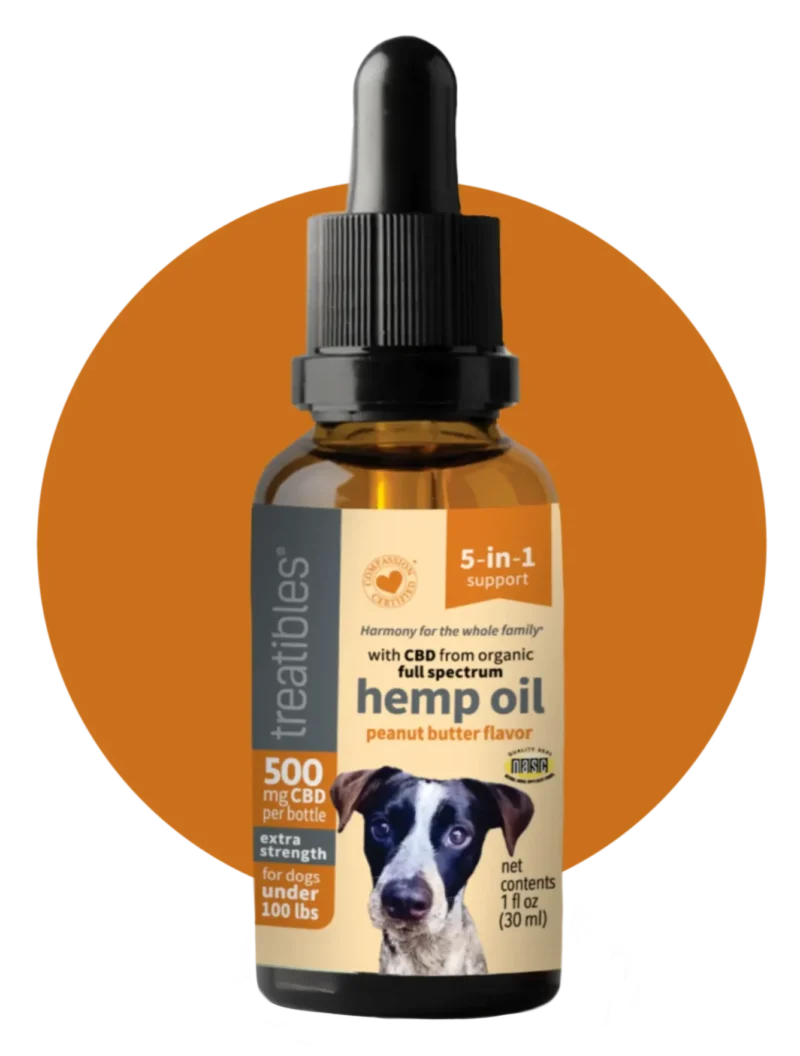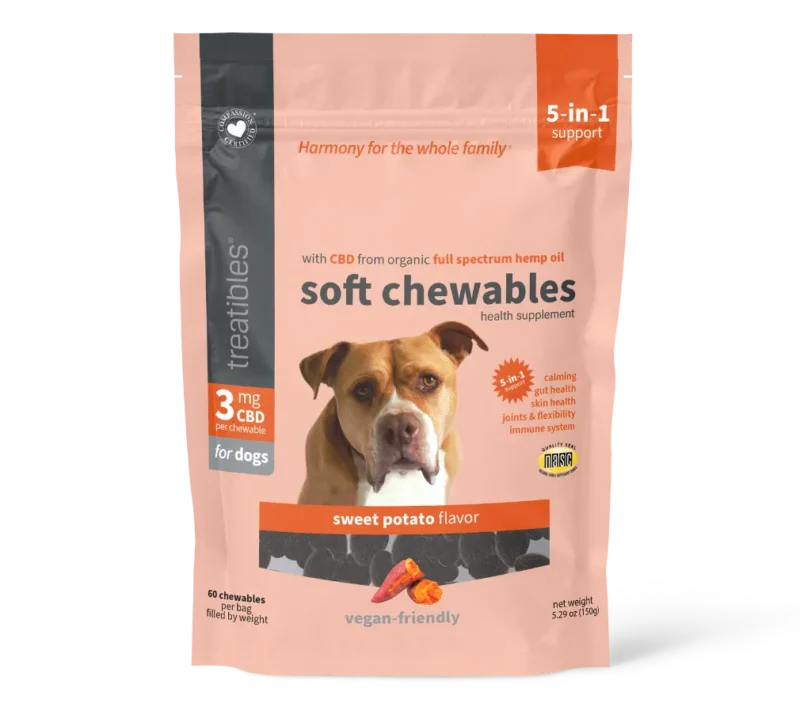When the 2018 Farm Bill passed and was signed into law, those of us in the hemp-derived CBD business were overjoyed. Finally, hemp and hemp-derived ingredients, including CBD, were recognized as legal on the federal level and removed from the DEA’s (Drug Enforcement Agency) Schedule 1 narcotics list. This also opened doors for the production of delta-8, which is technically a legal THC product derived from hemp. It has similar psychoactive properties as cannabis-derived Delta-9 THC (the cannabinoid responsible for the “high”).
A Little Background
Delta-8 THC is one of more than 100 cannabinoids produced naturally by the cannabis plant but not in significant amounts. Manufacturers extract concentrated amounts of delta-8 THC from hemp-derived CBD. The natural amount of delta-8 THC in hemp is very low, therefore, a synthetic conversion is required. Chemicals are used to convert other cannabinoids in hemp, like CBD, into Delta-8 THC.
Often times delta-8 product labels read ‘hemp product,’ which can be misleading, as most of us associate hemp and hemp-derived CBD products as being non-psychoactive and non-toxic.
Delta-8 infused products are available in dropper bottles, gummies, cookies, cereals, brownies, blunts, etc. They can be purchased in the same places hemp-derived CBD products are sold, including online, at dispensaries, convenience stores, gas stations and more.
Hide Your Stash!
As with all THC products including delta-9 products, we advise pet parents to keep delta-8 products out of the reach of pets and children.
Your Pet Just Consumed Delta-8 THC – What To Do Next
Pets can accidentally consume delta-8 products in many ways including inhaling smoke, licking the oil, or even eating an edible or gummy.
Pay attention to signs of overdose, including static ataxia (loss of balance), lethargy, vomiting, drooling, body tremors, seizures, etc. If any of these signs are present, call your vet and click here to learn what to do, step by step.


